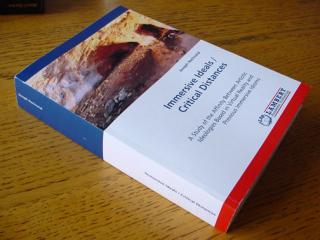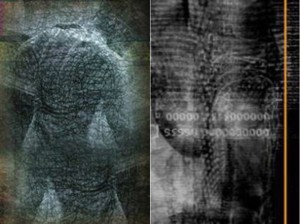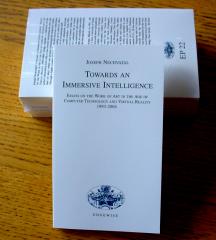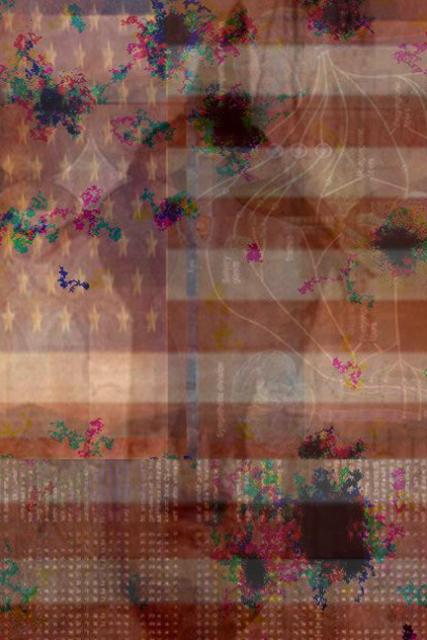[Earlier this year I saw a great show by Paul Thek, a deceased New York artist who worked most spectacularly in Europe. The show will never come here, of course, since they loved him there. I wrote it up, and an editor sat on it until it was dead. I’ve been urged to post the notice here, so here you go. The catalogue is due out or is out from MIT Press.]

Madrid’s Reina Sophia is the last leg of a touring retrospective of Paul Thek. Notorious for his 1968 “Dead Hippie” sculpture, Thek, a New Yorker who died in 1988, is underknown. This show is tremendous, revelatory. Much of what has happened in the last 20 years he may be said to have anticipated. (While I cannot easily read the catalogues in Spanish and German – it’s coming out in English in May, I gather from the illustrations that the authors are saying that.) Most of this work is in European collections, so this most singular and syncretic of American artists may not soon be well seen in the United States.





